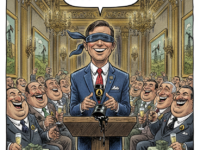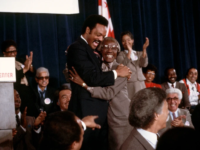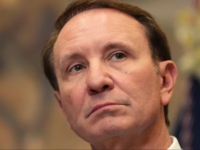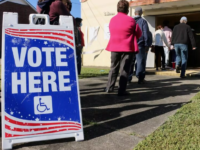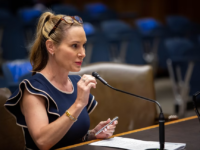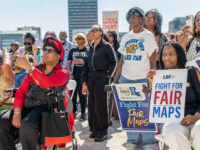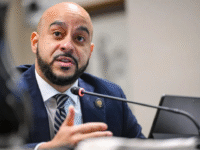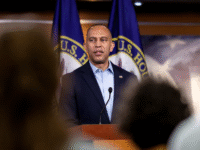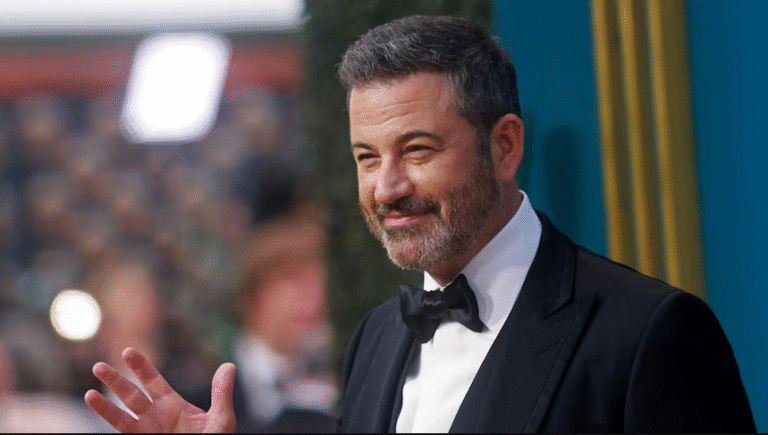We’re living through one of those moments when the erosion of a freedom doesn’t quite hurt — at first. It’s quiet. Subtle. And that’s precisely why it matters so much.
Just this week, ABC suspended Jimmy Kimmel Live! indefinitely after the comedian made controversial remarks about Charlie Kirk’s assassination. That decision followed swift threats from FCC Chair Brendan Carr, who warned of regulatory consequences — including the possibility of revoking broadcast licenses for stations airing content deemed “not in the public interest.” Nexstar, a major affiliate group, pulled the show. Licenses, regulation, political pressure — all in play.
For many Americans, that sounds remote. “I don’t watch Jimmy Kimmel,” someone might say. “Not my favorite show, not my thing.” And in truth, most of our daily lives — work, travel, family, streaming, friends — would go on almost unchanged if more such restrictions took hold.
That’s the trick: Because when people feel that their lives are unaffected, resistance flattens. Apathy becomes the default.
How freedom slips in
Freedoms constrained by political speech, by criticism, by satire — those are among the first to be targeted. They are less essential to survival; less immediately felt in grocery bills or commute times. So when regulators say “we’re acting for civility, for peace, for less polarizing rhetoric,” many nod along. It seems reasonable. Even desirable.
But what’s reasonable today — pulling one show, suspending one voice — can establish precedent. It teaches institutions, corporations, networks: say one wrong thing, offend one powerful faction, and pressure will mount. Pressure from advertisers, pressure from political operatives, pressure from regulators with authority to punish. You give in once, twice. Slowly, the boundaries of what is acceptable shrink without most people even noticing.
The danger of “it doesn’t affect me”
When a freedom’s loss seems abstract, people don’t mobilize. If speech gets trimmed here or there, if platforms moderate more aggressively, if shows are pulled, we think:
-
“Well, it was one show.”
-
“It wasn’t even one I liked.”
-
“If this helps reduce anger or division, maybe that’s okay.”
-
“Let them speak more carefully, or shut up if they want to avoid trouble.”
These seem like small sacrifices. But they accumulate. And as they do, the framework that defends dissent, criticism, humor — those get eroded. The teeth in the First Amendment are lost mostly in tolerating smaller chillings of speech, in letting governmental or corporate influence intimidate voices without a fight.
What’s at stake
-
Free critique: If people know that criticizing the powerful can bring regulatory or legal retaliation, they will self-censor. Satire gets toned down. Tough questions go unasked.
-
Media independence: Networks and platforms may begin to align more with what avoids controversy, rather than what provokes or challenges.
-
Democratic accountability: Democracies need disagreement, dissent, offense — if only occasionally. Without those, folks in power go unchecked.
-
Precedent: Once regulatory threats become normalized, they get reused. Different administrations, different political majorities, but similar tools.
Why resistance feels hard
Because, truthfully, most people have lots to handle: bills, work, family, safety. Worrying about abstract constitutional principles often feels like an idle luxury, especially when freedoms seem intact in everyday life. Also: the promise of less argument, of civility, of calm — especially over social media or in political conversation — can be very tempting. Who wouldn’t want a little less shouting?
What we must do
-
Stay aware. Recognize when power is being used to quiet voices — not just when it’s “you” being targeted.
-
Defend speech even when you dislike what’s being said. If we only defend speech by those we agree with, we lose more than we gain.
-
Push back on overreach. Whether in courts, through protesting, through media, through talking with people.
-
Demand transparency. When broadcast licenses, regulatory decisions, affiliate pull-outs happen under pressure, we deserve to know who applied what pressure, from where.
-
Make the comfortable uncomfortable. Remind people that peace without freedom is brittle. That calm built on censorship is no friend of justice.
Conclusion
The suspension of Jimmy Kimmel Live! feels like a culture war skirmish — but it’s more than that. It’s a warning. Because what we see now: threats to speech, regulation of dissent, media cower under pressure, political power testing the boundaries.
Most Americans will still sleep in the same bed, drive the same route to work, stream the same shows. But the question is: what kind of America do we want our grandchildren to inherit? One in which speaking up carries no risk — where disagreement isn’t punished, where satire isn’t silenced? Or one where silence wins because comfort, order, and appearance of peace quietly became more important than freedom?
We are not powerless. But staying silent now is not neutral — it’s acquiescence. And when freedoms go unguarded, they go away.


